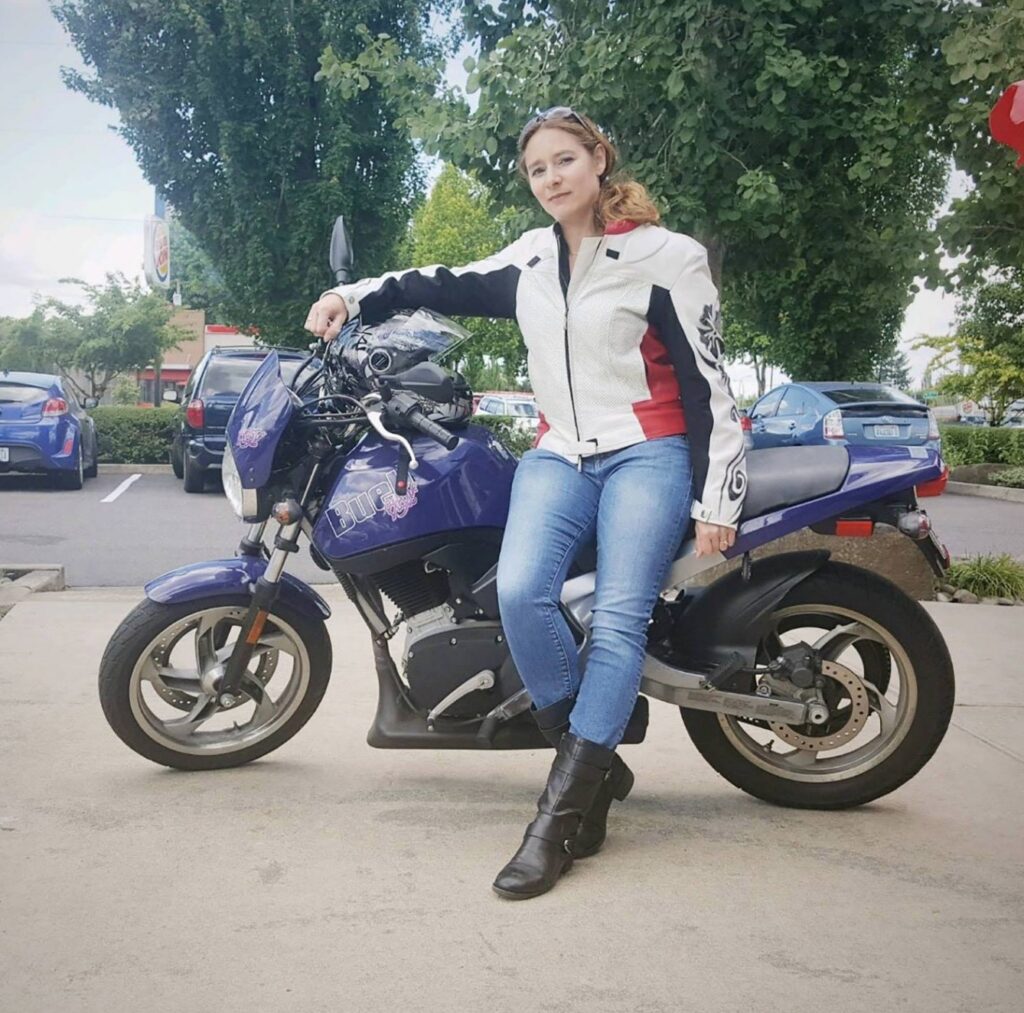The Association of Science Communicators aims to serve anyone engaged in science communication — in any of its forms. ASC’s annual meeting, called Science Talk (participants from Science Talk 2019 pictured above), is coming up next April, and the deadline for session proposals is September 30. We recently caught up with Allison Coffin, ASC cofounder and president, and she kindly answered some questions for us about ASC and the upcoming conference.
Q: What is the Association of Science Communicators?
Coffin: The Association of Science Communicators (ASC) is the professional organization for the scicomm community. We are the hub that connects science communicators from all different professions and roles, from traditional science journalists to freelance underwater videographers to social media content creators.
We started as Science Talk Northwest, a single conference in January 2017 that brought together the regional scicomm community in the Pacific Northwest. The idea came from the realization that many of us had fallen into scicomm — as public outreach specialists, media trainers for scientists, hosts for science cafes, etc. — and we each felt isolated. We thought that others probably felt isolated as well and decided to host a conference to bring the community together. Our first conference sold out with 250 people packed into the auditorium at the Oregon Museum of Science and Industry — and Science Talk was born.
In 2022 we changed our name to the Association of Science Communicators to better reflect who we are and who we serve. In addition to the annual conference, we now offer online courses and workshops and run a blog featuring guest interviews and highlighting member achievements. We’ve kept the Science Talk moniker for the annual conference, including the now (in)famous Science Talktopus, our unofficial mascot!
Q: What are some of the biggest scicomm challenges your members face?
Coffin: Great question! Science communication is a joy, and it’s also a job. The joy is connecting with people from different backgrounds and varying experience with — and trust of — science and scientists. The job means that our members need to support themselves, which is particularly challenging in today’s gig economy.
Another challenge is that connecting with people from different backgrounds means encountering science skeptics. At best, that interaction is a chance for a respectful conversation. At worst, science communicators get harassed for sharing real science when it runs counter to the disinformation machine of the day.
Finally, a perennial challenge is measuring impact. Metrics like clicks, likes, and shares don’t tell the full story. ASC wants to partner with scicomm practitioners and researchers to develop mutual partnerships where we can deeply assess the impact of scicomm activities.
 Alli Coffin is an associate professor of neuroscience at Washington State University Vancouver.
Alli Coffin is an associate professor of neuroscience at Washington State University Vancouver.
Q: What is your day job?
Coffin: ASC is run by volunteers, both our Executive Board and the additional volunteers that form our committees. As with most of our volunteer staff, I have a day job!
I’m an associate professor of neuroscience at Washington State University Vancouver (yes, there is a Vancouver in the U.S.!). My lab studies how the cells in our ears are damaged by things like loud noise or certain medications and develops therapies to prevent hearing loss or restore hearing after damage. My research lends itself to lots of organic scicomm moments since my husband runs sound in a local blues music club – plenty of the musicians have hearing damage and are often interested in chatting with me during the set breaks.
Q: Your annual meeting is in April in Portland. What can attendees expect?
Coffin: Science Talk ’24 is April 10-12 in Portland, Oregon, with online sessions starting the week prior. We also live-stream from the conference to provide options for attendees based on their needs. Our annual conference features keynote talks, workshops, short talks, panels, a poster and art session, and lots of networking (with coffee!). We operate with a curated unconference model, which means that we invite session submissions and ask the community to vote for the sessions they wish to attend. Our last conference featured amazing sessions. For example, keynote speaker Nalini Nadkarni shared her programs to connect science and faith, and her efforts bringing ecology to incarcerated people. Other sessions included talks about cognitive bias in storytelling, workshops on podcasting and scientific illustration, and a panel of NASA science communicators who worked on the James Webb Space Telescope. Attendees can count on more exciting sessions this spring.
Q: What kinds of session proposals would you love to see?
Coffin: The theme of Science Talk ‘24 is Opening Doors. This theme encompasses the doors that science can open on unknown parts of our world and the doors that often feel like barriers to people traditional excluded from science and the ways science can benefit them.
We are now accepting submissions for short talks, panels, and workshops around this theme. This is a great opportunity for the broader scicomm community to share their exciting program or to teach the community a new skill. Sessions can be offered online or in-person. The submission deadline is September 30. Anyone can propose a session; this isn’t just for members.
Q: Anything else you’d like to share?
Coffin: ASC is a deliberately big-tent organization. We connect science communicators across disciplines and job titles and serve people at all levels of their scicomm journey. I hope that friends and family of CASW will join our organization and meet us in Portland this spring!